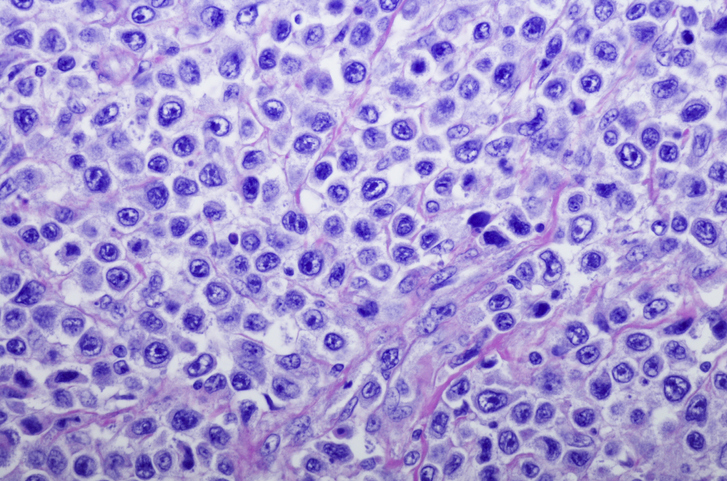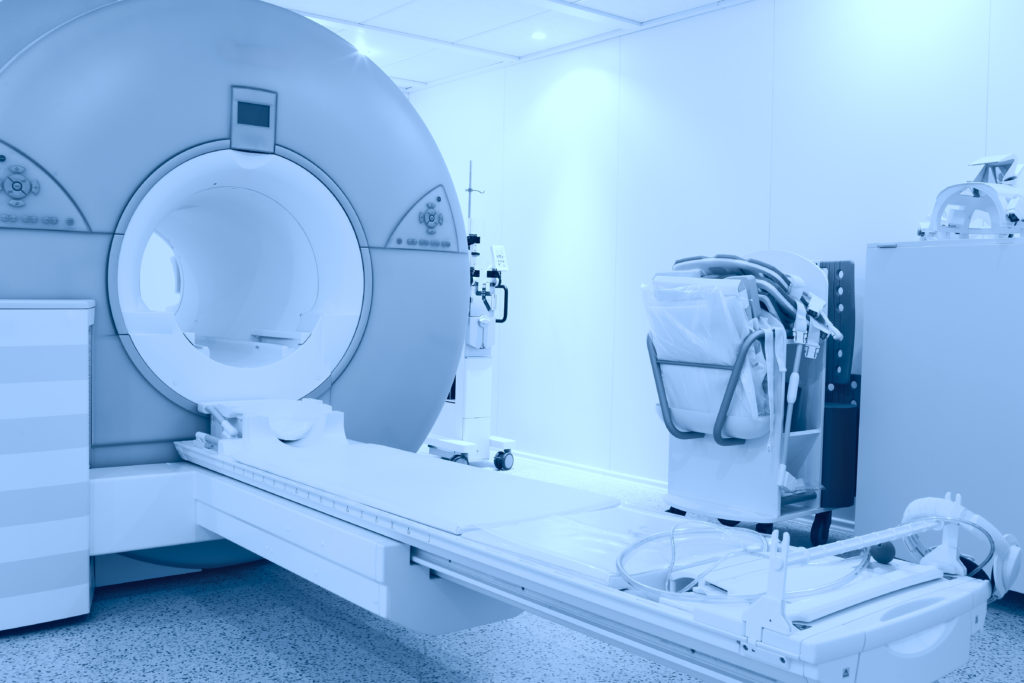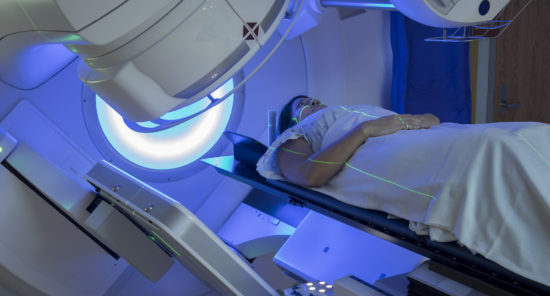Even when women survive breast cancer, they may not be out of the woods when it comes to certain side effects—possibly up to a decade later, a study discovered.
Chemotherapy and radiotherapy—either alone or in combination—are common breast cancer treatments, and despite their high success rate, they come with the possibility of long-term side effects; among them are cardiac dysfunction, difficulty concentrating, forgetfulness, and anxiety/depression.
“Long-term breast cancer survivors are also at a higher odds of depressive and anxiety symptoms than their peers with no history of cancer. Cognitive effects, such as concentration difficulties and forgetfulness, are known effects of chemotherapy. Overall, timely diagnosis and treatment can lessen the impact on quality of life of these long-term sequelae,” the study authors explained.
To assess this in greater detail, the researchers evaluated 350 breast cancer survivors at least five (median, 10) years after diagnosis who were treated with chemotherapy and/or radiotherapy and 350 non-cancer controls matched by age and primary care physician (PCP). They filled out a survey to report their symptoms and completed the Hospital Anxiety and Depression Scale; they were further assessed with echocardiography to determine left ventricle ejection fraction. Health records were queried to determine any cardiovascular diagnoses.
The survivor cohort, compared to the controls, were more likely to report intermittent claudication and appetite loss, symptoms which were correlated with cardiac dysfunction and anxiety/depression. Although survivors were also more prone to difficulty concentrating, forgetfulness, dizziness, and nocturia, these differences did not appear to be correlated with cardiac dysfunction, cardiovascular diseases, or anxiety/depression. Women who were treated with chemotherapy either alone or in combination with radiotherapy, compared to those who only received radiotherapy, were much more likely to experience forgetfulness and nocturia, but much less likely to report dizziness.
The results of the study were reported in The Breast.
The researchers concluded, “Up to 10 years after diagnosis, breast cancer survivors experience intermittent claudication, appetite loss, concentration difficulties, forgetfulness, dizziness, and nocturia significantly more often than peers matched by age and PCP, without cancer. Among breast cancer survivors, intermittent claudication and appetite loss remain problematic after adjusting for cardiovascular dysfunction, depression, and anxiety, whereas concentration difficulties, forgetfulness, dizziness, and nocturia are significantly associated with a history of chemotherapy or radiotherapy.”
Credit: Original article published here.










